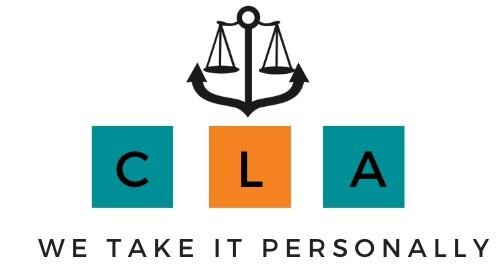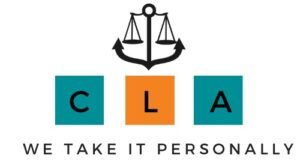Cheques have long been considered a trusted mode of payment in business and personal transactions. They symbolize credibility and financial integrity. However, when a cheque is dishonored or returned unpaid by the bank, it not only disrupts financial commitments but also damages trust between parties. To address such issues, the Negotiable Instruments Act, 1881 lays down specific provisions under Section 138, dealing with cheque bounce cases in India.
What is a Cheque Bounce?
A cheque bounce occurs when a bank refuses to honor a cheque due to insufficient funds, signature mismatch, overwriting, or other technical reasons. Among these, insufficient funds is the most common cause leading to legal disputes.
Legal Framework: Section 138 of the Negotiable Instruments Act
Section 138 makes cheque bounce a criminal offense, ensuring accountability in financial transactions. The key features include:
- Issuance of Legal Notice – The payee must issue a written notice to the drawer within 30 days of cheque dishonor.
- 15-Day Grace Period – The drawer gets 15 days to make payment after receiving the notice.
- Filing of Complaint – If payment is not made, the payee can file a complaint before the magistrate.
- Punishment – The offender may face imprisonment up to 2 years, a fine up to twice the cheque amount, or both.
Why Cheque Bounce Cases Matter
- Protects Financial Credibility – Ensures accountability in monetary transactions.
- Promotes Business Confidence – Strengthens trust in commercial dealings.
- Legal Recourse for Payees – Provides remedies to those who suffer financial losses.
- Deterrent Effect – Prevents misuse of cheques as casual or unsecured instruments.
Common Defenses in Cheque Bounce Cases
While the law is strict, the accused may defend themselves by proving:
- The cheque was issued as a security and not for discharge of debt.
- Absence of legally enforceable debt or liability.
- Payment was made through alternate means.
- Technical defects in notice or complaint.
Conclusion
Cheque Bounce Law is crucial for maintaining financial discipline and ensuring that cheques remain a reliable instrument of payment. By offering strict penalties and structured remedies, the law promotes fairness, accountability, and trust in both personal and commercial transactions. Legal professionals play a vital role in guiding clients through notices, negotiations, and litigation, ensuring rightful recovery and protection of financial interests.

